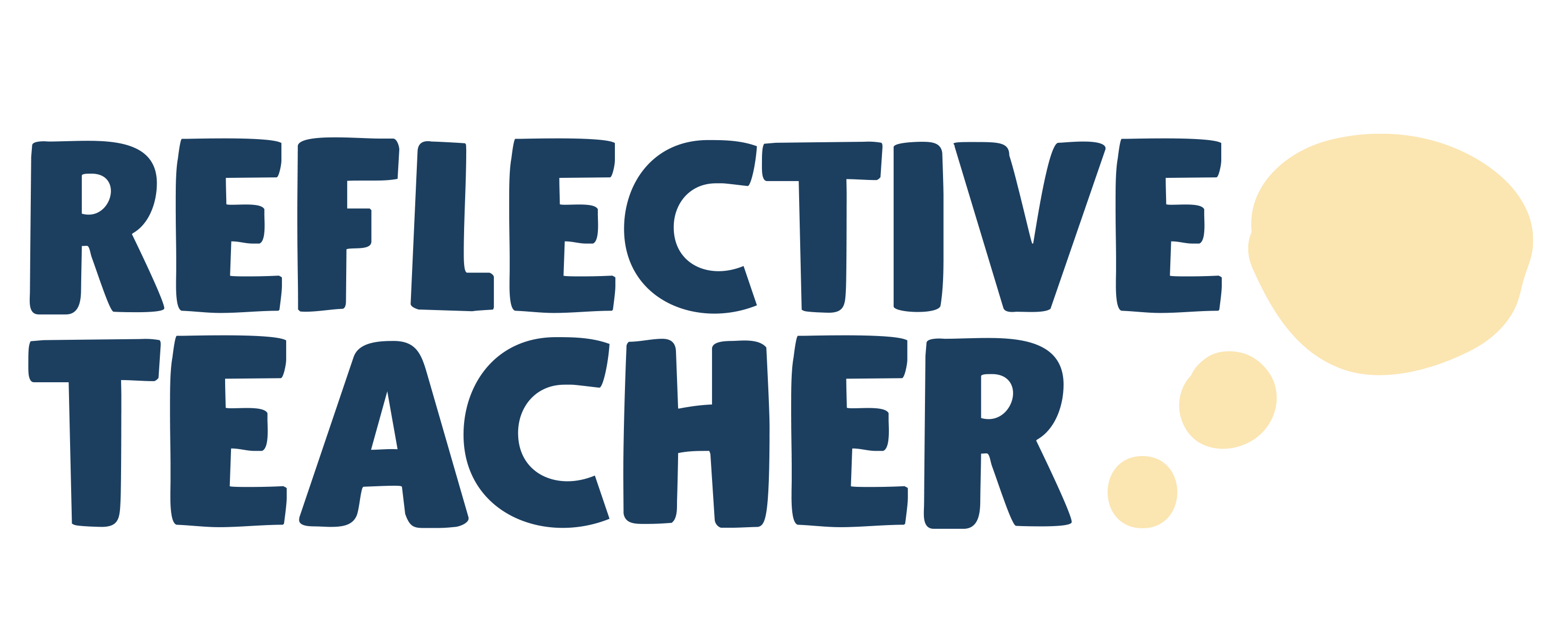A guide for teachers teaching their students about plastic and the impact on the environment.
With National Recycle Week underway from 18th – 25th September, we spoke to international non-profit The Breteau Foundation about how teachers can educate their students on plastic pollution in their lessons
Plastic waste has become one of the most pressing environmental issues facing our planet, with research estimating 158,943,925 tonnes of plastic waste will be created in 2023 and 43% of global plastic waste will be mismanaged at the end of its life. For the children of today, this is ultimately an issue that will severely impact their future planet.
Research conducted by international non-profit The Breteau Foundation uncovered that 88% of UK primary school teachers reported that their students had shared concerns about plastic pollution, with 87% of teachers also reporting that they themselves felt they had a vital role to play in the fight against plastic pollution.
With such a big responsibility on their shoulders and a serious matter at hand, teachers may require resources to tackle the subject of plastic pollution in the classroom. Educational experts at The Breteau Foundation have addressed this with their Plastic Changemakers Education Pack, working with environmental experts to create a comprehensive, curricula-aligned, and free-of-charge set of resources on the topic of plastic pollution.
Recognising that many teachers are time and resource-stretched, the Education Pack includes everything that is needed to deliver lessons on the subject, including lesson plans, PowerPoints, and class activities.
In collaboration with hit TV series Miraculous: Tales of Ladybug and Cat Noir, the Plastic Changemakers initiative aims to inspire and empower over 1 million primary school children around the world to become ambassadors for responsible plastic use in their homes and local communities, with each of the five modules from the education pack association with the show’s famous characters.
In celebration of the launch of the Plastic Changemakers Education Pack on September 19th, educational experts at The Breteau Foundation have come up with five tips on how teachers can effectively teach their students about plastic pollution and responsible plastic use.
- Start with the Basics
Before heading straight into the complexities of plastic pollution, it’s important to ensure your students have a solid understanding of the basics. Begin your journey by explaining what plastic is, how it’s made and its various uses. It is important for students to understand that plastic can be a very useful material, but that single-use plastic has meant there is a lot of plastic pollution harming our planet. It can also be useful to ensure your students understand the different types of plastics and their properties to gain the right knowledge and vocabulary needed for the rest of the course.
- Make the Issue Relatable
Always start with the learning outcomes you want to achieve and work backwards. Ask yourself what the children are actually going to learn rather than do. To make the issue of plastic waste relatable to your students, it can help to illustrate how we come across the issue in daily life. For example, you could take your classroom on a trip around the local area and ask them to note down how many pieces of plastic they see on their journey. This is a great opportunity to then explain to the students how this plastic may end up in other places, like our oceans, and impact wildlife.
- Introduce Solutions and Alternatives- The 3R’s
Presenting actionable solutions and alternatives to plastic waste will empower your students to make a change at home and in their communities. Discuss the importance of the 3R’s: Reduce, Reuse and Recycle! Teach them about sustainable materials like biodegradable plastics, reusable containers, eco-friendly packaging. Organise group activities and encourage them to take on projects that get them working together to create and develop plastic solutions and reduction initiatives.
- Foster Critical Thinking and Advocacy
Encourage critical thinking and advocacy skills by having your students explore the broader aspects of plastic waste socially. Discuss the role of leaders, government policies and businesses in the plastic pollution problem. Get your students to participate in debates to improve their public speaking skills and challenge them to write letters to local officials and create environmental awareness campaigns to promote advocacy and influence. Make sure to have a hook that keeps your students engaged and inspired, whether its lots of fun and create images or videos, keep your students imagination engaged to foster leadership and advocacy.
- Empower Your Students to Know They Can Make an Impact
The main aim of the Plastic Changemakers initiative is to empower children to know they can have an impact in the fight against plastic. It is important to note that we aren’t putting the issue on their shoulders, but that we are recognising children as an incredible influence to families and local communities, and that their passions can help encourage those around them to become more responsible with their plastic waste.
Teaching students about plastic waste is not just about imparting knowledge; it’s about inspiring them to become influencers for change within their communities. The plastic changemakers initiative launched on The Breteau Foundation website on 19th of September, and is available to all educators to download the education pack for free. Visit https://plastic-changemakers.breteaufoundation.org/ for more information or to register to receive updates.


Comments are closed